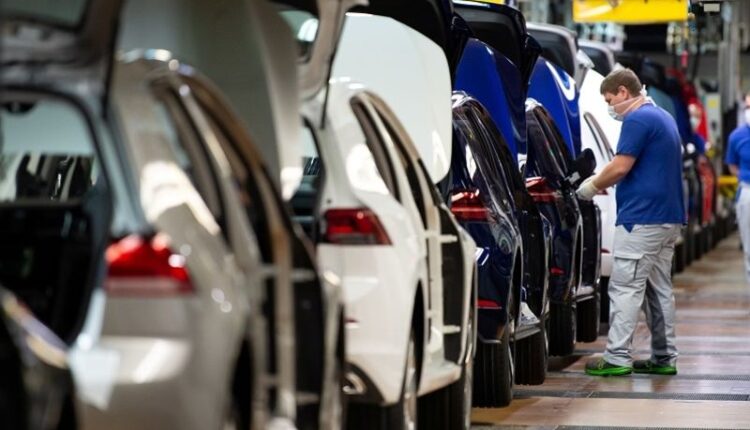Volkswagen Group plants are set for a bumpy restart after the traditional summer break as the car industry remains in the grip of a chip shortage that most recently engulfed Toyota.
The group’s Wolfsburg, Germany, plant that builds the VW brand, is the world’s biggest, employing about 60,000 people and will restart with only one shift next week Monday through Friday, VW Group said.
Audi, the group’s biggest profit contributor, will extend the summer break by one week at its two factories in Germany as semiconductor supply remains “volatile and tense.”
Spanish brand Seat has also partly halted car assembly at its plant near Barcelona due to the global semiconductor supply bottleneck, the company said in a statement on Friday.
The plant has idled its assembly line No. 2 for two days because it lacks chips, the statement said.
Seat, which usually closes down the plant in August for summer holidays, had made an exception and opened the factory this month to offset a production shortfall in the first half of the year.
But the scarcity of chips eventually forced a partial closure for two days, it said.
Overall, Seat produced 8,000 cars in August, partly offsetting a shortfall in the first half.
Automakers’ recent warnings of rocky months ahead are proving prescient after COVID-19 outbreaks in Southeast Asia forced restrictions at chip-processing plants.
VW last month flagged “really constrained” output during the third quarter, while BMW predicted ongoing uncertainty.
Toyota will suspend output at 14 plants across Japan for various lengths of time through next month, succumbing to supply issues it had been navigating better than other manufacturers thanks to stockpiles of chips and other key components.
The impact will be most severe in September, with Toyota slashing its production plan by 40 percent.


